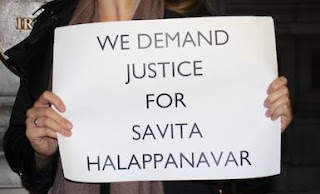Starship Troopers: Meh.
Fair.
I expected more from my first Heinlein book, Starship Troopers. The story gets bogged down in
military minutia and I found myself thinking, "get on with it..."
As
for the characters' philosophy of morals, it was oversimplified,
hyper-masculinized (based on contemporary stereotypes) dogma attempting to
justify what, in the history of the civilized world, has always failed - rule
by the military. It must fail either because by its very nature it will get
conquered from without or toppled from within due to the oppression necessary
to sustain it.
I
don't know if Heinlein believes all this, but his characters did. For example,
the idea of no moral instincts. Sounds good, that we're born with a tabula
rasa, but it isn't true, nor is it provable, and even if it were, it wouldn't
prove what he thinks it does.
There
is no moral tabula rasa. The ability to think morally presupposes a capacity to
do so. You can preach morals at seals and worms all day long, and it won't
matter - they lack the capacity. And a capacity presupposes a predilection.
Whether we have a "moral instinct" or not depends on what you think a
moral instinct is, but we certainly have both the capacity and its concomitant
predilection.
If
we take the moral theory from Starship Troopers, we're born with a blank slate
and then have morals beaten into us. But, since according to this theory, we
have no innate moral sense, the morals we have beaten into us are only
"moral" or "good" in the subjective sense, and we've no
reason to believe they're any better than any other moral system. These are only morals in the sense that they
are called such, and have no other claim to the title.
Heinlein
dances around the concept of Duty as it relates to morals. If, as I assume,
he's referring to Kant's deontological imperative, I suppose it's
a sound starting point for a secular moral theory. But, where Kant noted the
starting point, Heinlein's characters butcher it into a force-based
subjectivism based almost entirely on the powerful's view of survival.
On
the plus side, the book made me think.




Comments